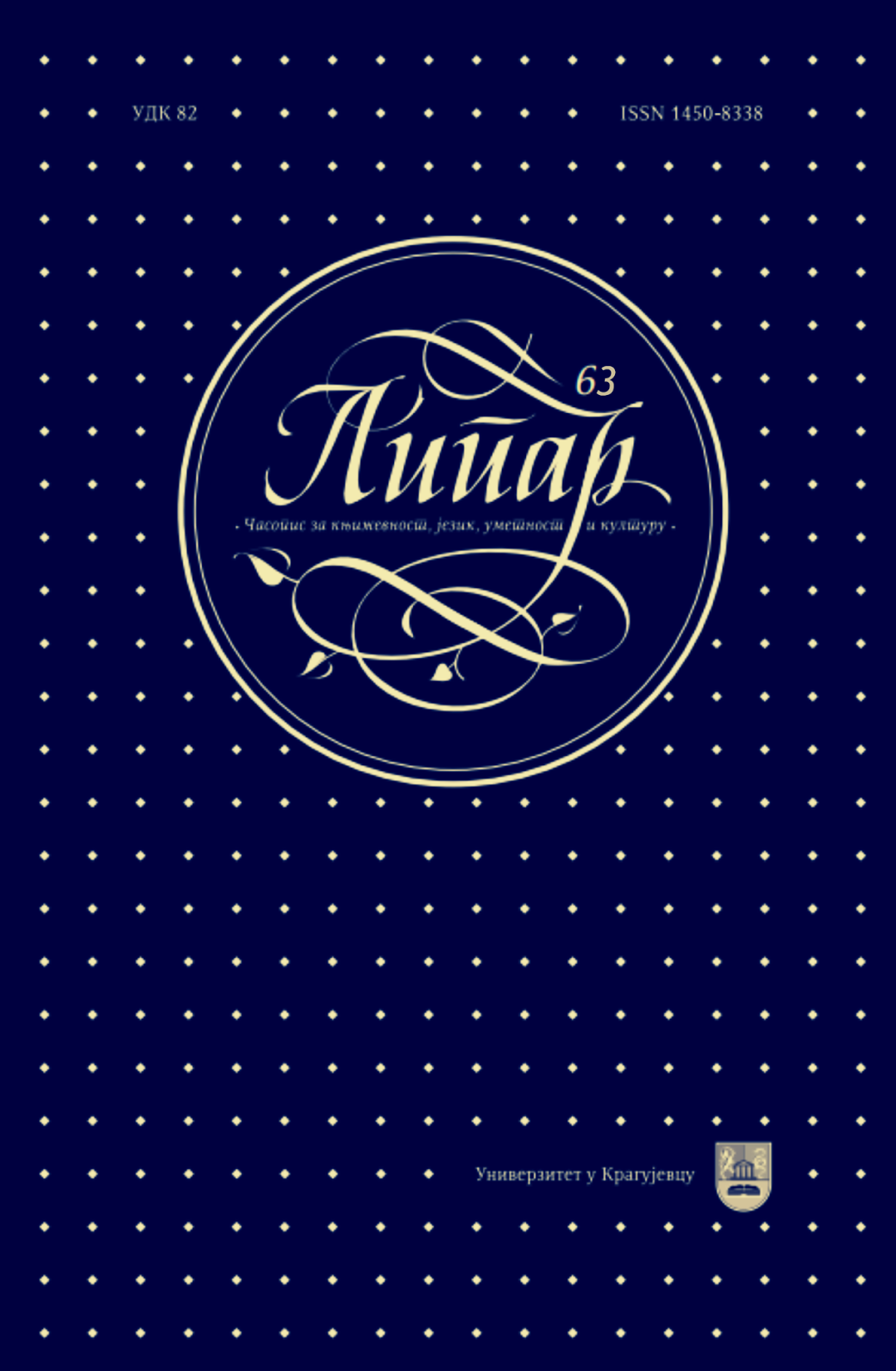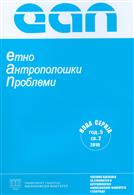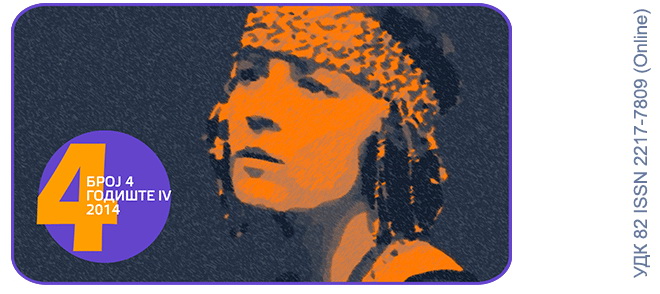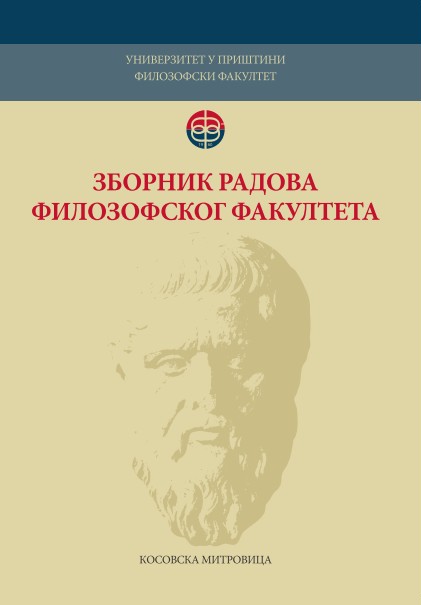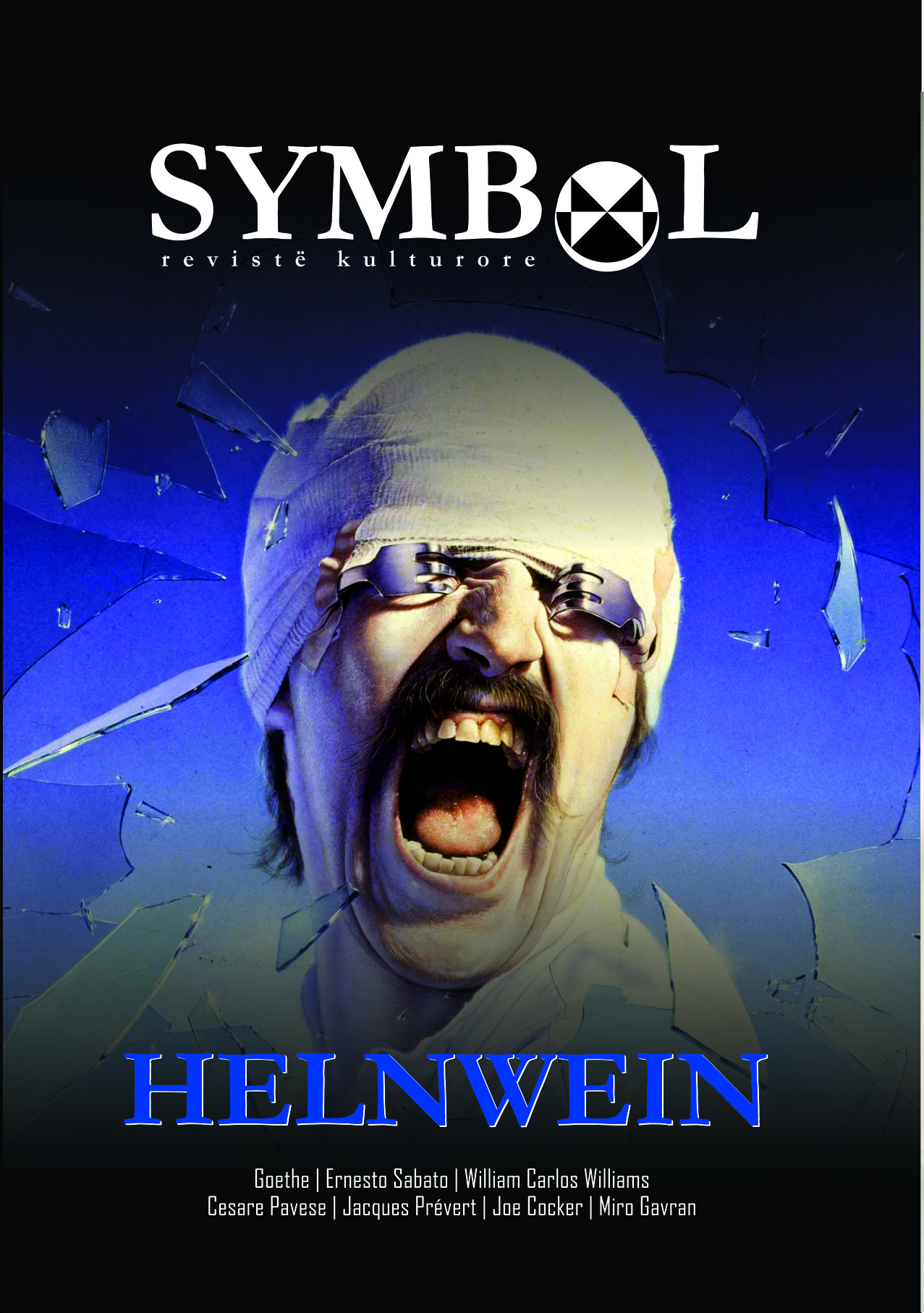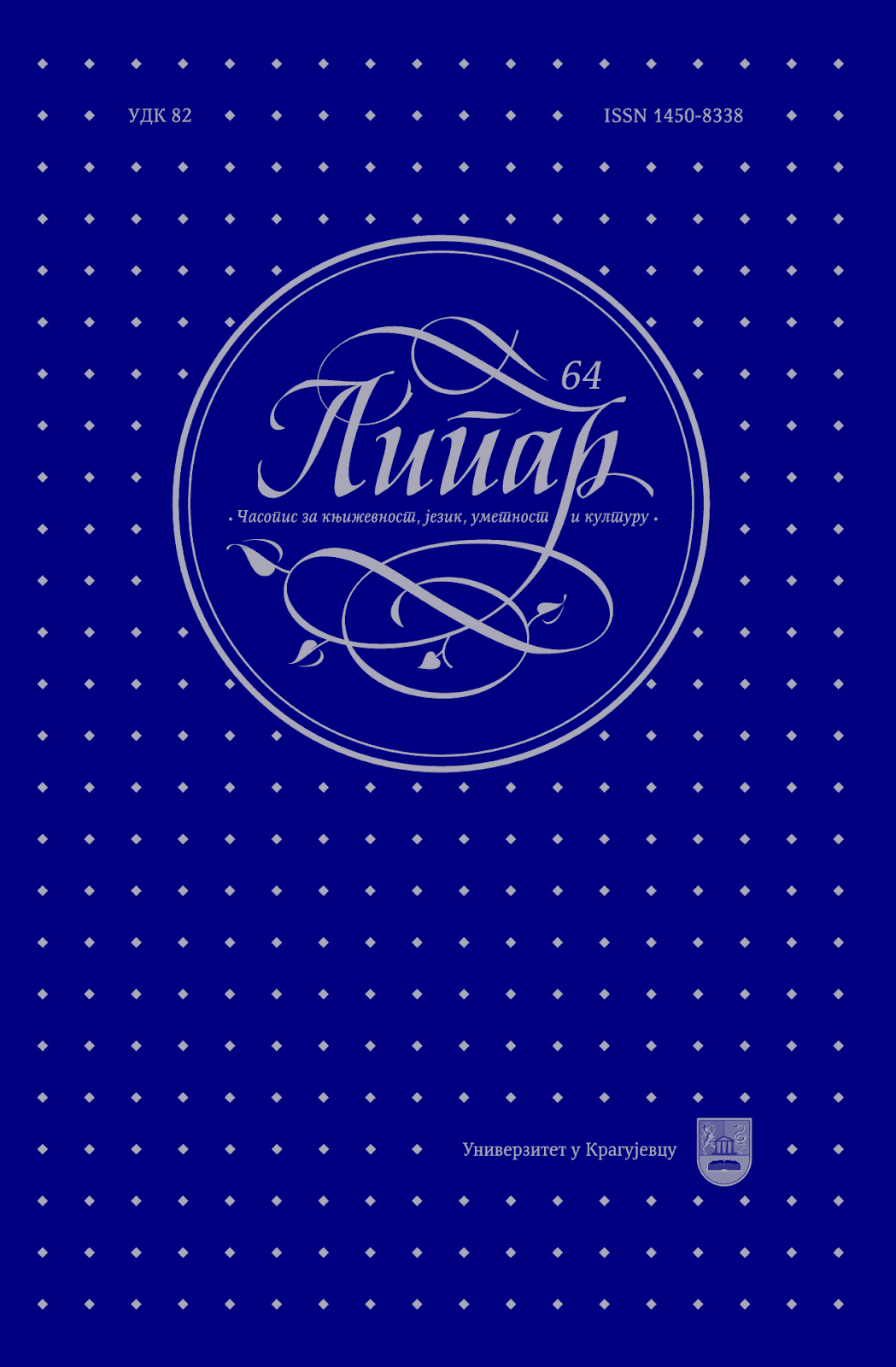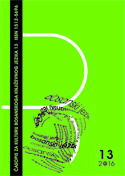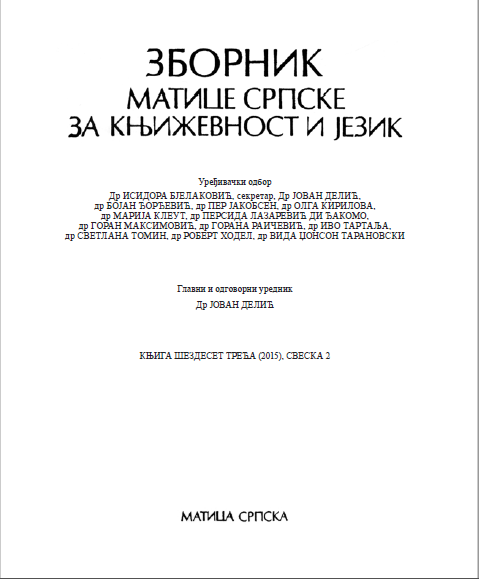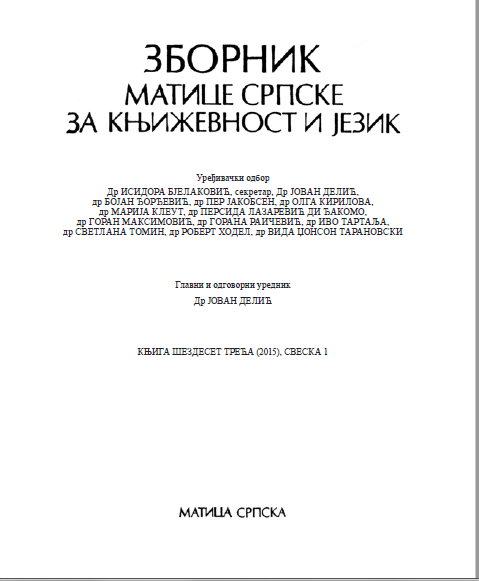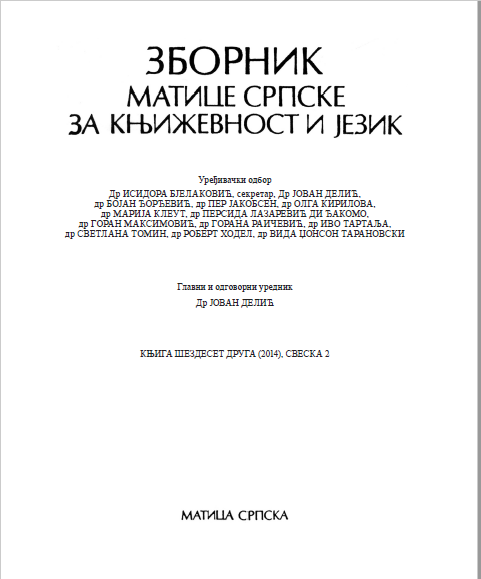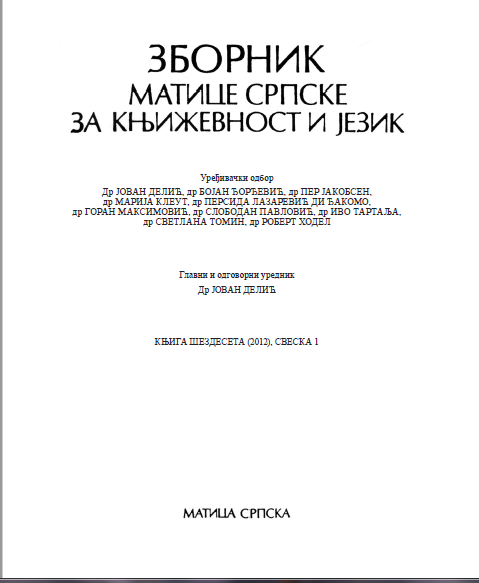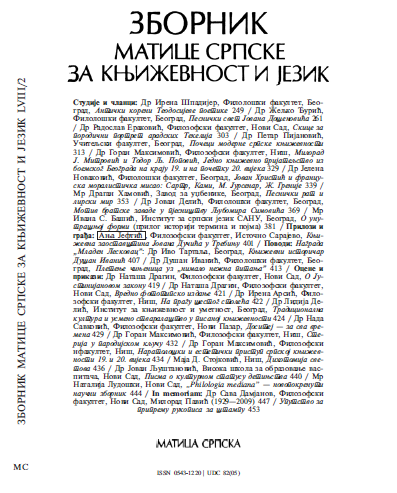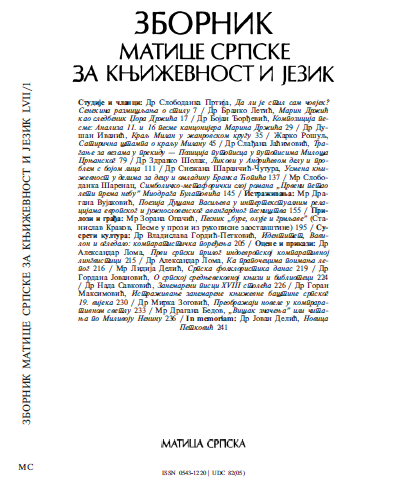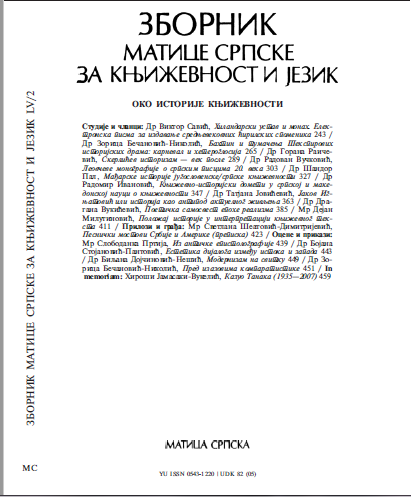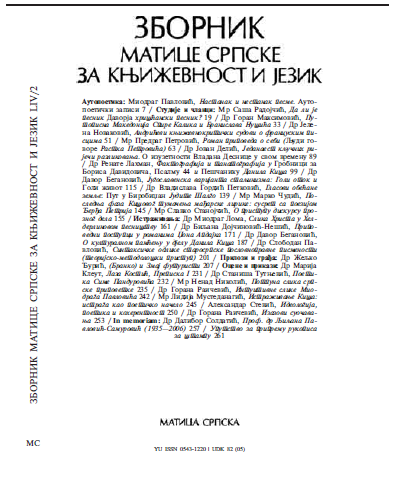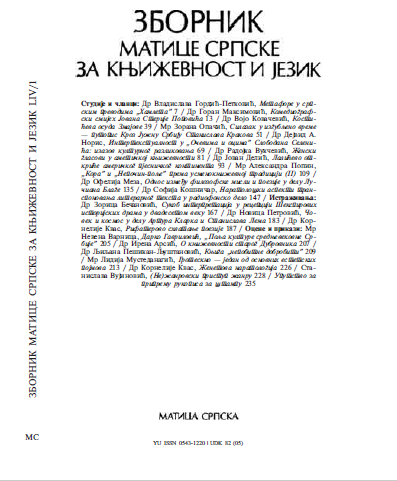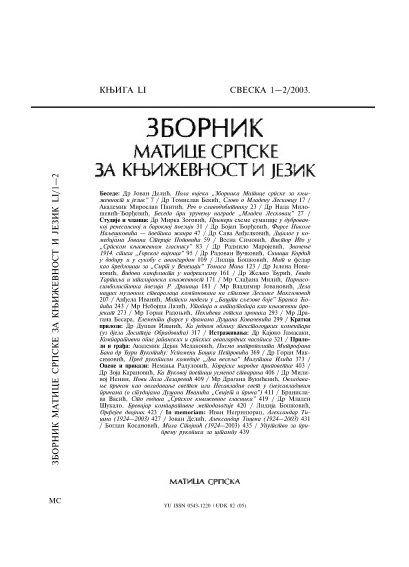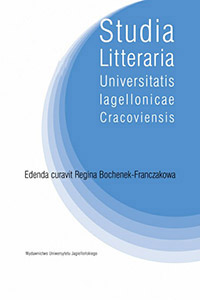
Opozycja między barbarzyństwem a kulturą w wybranych utworach poetyckich Zbigniewa Herberta i Miodraga Pavlovicia
In this paper comparative analysis of poetic works of Zbigniew Herbert and Miodrag Pavlović concerning the duality between culture and barbarism is being presented. The opposition between these two categories is present in both author’s poetry but they use it in slightly different ways. In Herbert’s poetry, as interpreted by Stanisław Barańczak, there is a relation between “heritage” and “disinheritance” that appears on various levels: geographic, historic and cognitive. The lyrical subject of the poems gets a feeling of an internal conflict, as he feels both connected to the world of European culture and separated from it, partly because of the war and totalitarian experience of the 20th century. In the poetry of Miodrag Pavlović there is a confrontation between the pagan, nature-bonded Slavs and the Greek, Christian culture of Byzantium. The two worlds are the roots the poet reaches to in search of the true nature of ‘Balkan people’. For both poets the duality of culture and barbarism can be considered a symbol of internal tension that characterises a human being who belongs to the two worlds and lives between them.
More...
